Introduction
LGBTQ+ rights in the Middle East display a stark contrast between the liberal, protective environment of Israel and the harsh repression prevalent in many neighboring countries. Israel stands out as a rare oasis of relative acceptance – with legal protections and societal recognition for LGBTQ+ people – amid a region where homosexuality is often criminalised and punished severely1.
By comparison, countries such as Iran, Saudi Arabia, Egypt, and the Palestinian territories (West Bank and Gaza) enforce policies and foster cultures that range from deeply intolerant to overtly violent toward LGBTQ+ individuals. This article thoroughly explores these differences, examining legal frameworks, cultural attitudes, and real-life case studies.
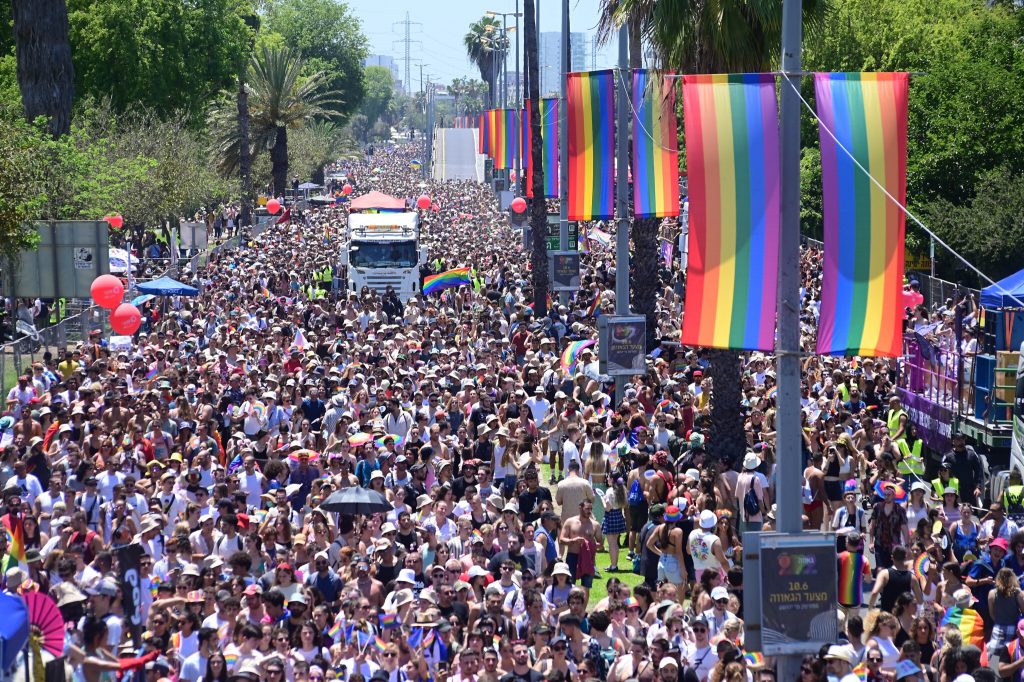
It also analyses how Western activism has shaped narratives about LGBTQ+ rights in the region – focusing on movements like “Queers for Palestine” – and interrogates the ideological motivations and contradictions of advocating for LGBTQ+ rights while aligning with regimes that brutally persecute LGBTQ+ people.
Israel: A Progressive Outlier in the Region
Israel is frequently cited as the most LGBTQ+-affirming country in the Middle East, with legal and social conditions far more favorable than those in its neighbours. Same-sex sexual activity was decriminalised in Israel in 1988. The nation has since implemented multiple legal protections for LGBTQ+ individuals. Discrimination based on sexual orientation is illegal in employment, housing, and other domains – Israel is the only country in the region with such protections enshrined in law13.
LGBTQ+ people have served openly in the military (since 1993) and in parliament, and same-sex couples have the right to adopt children and receive partner benefits in Israel13. While Israel does not yet perform same-sex marriages domestically (mainly due to the religious control of marriage law), it recognizes same-sex marriages performed abroad for purposes like spousal benefits. In practice, this means same-sex couples married in other countries are treated as married under Israeli law.
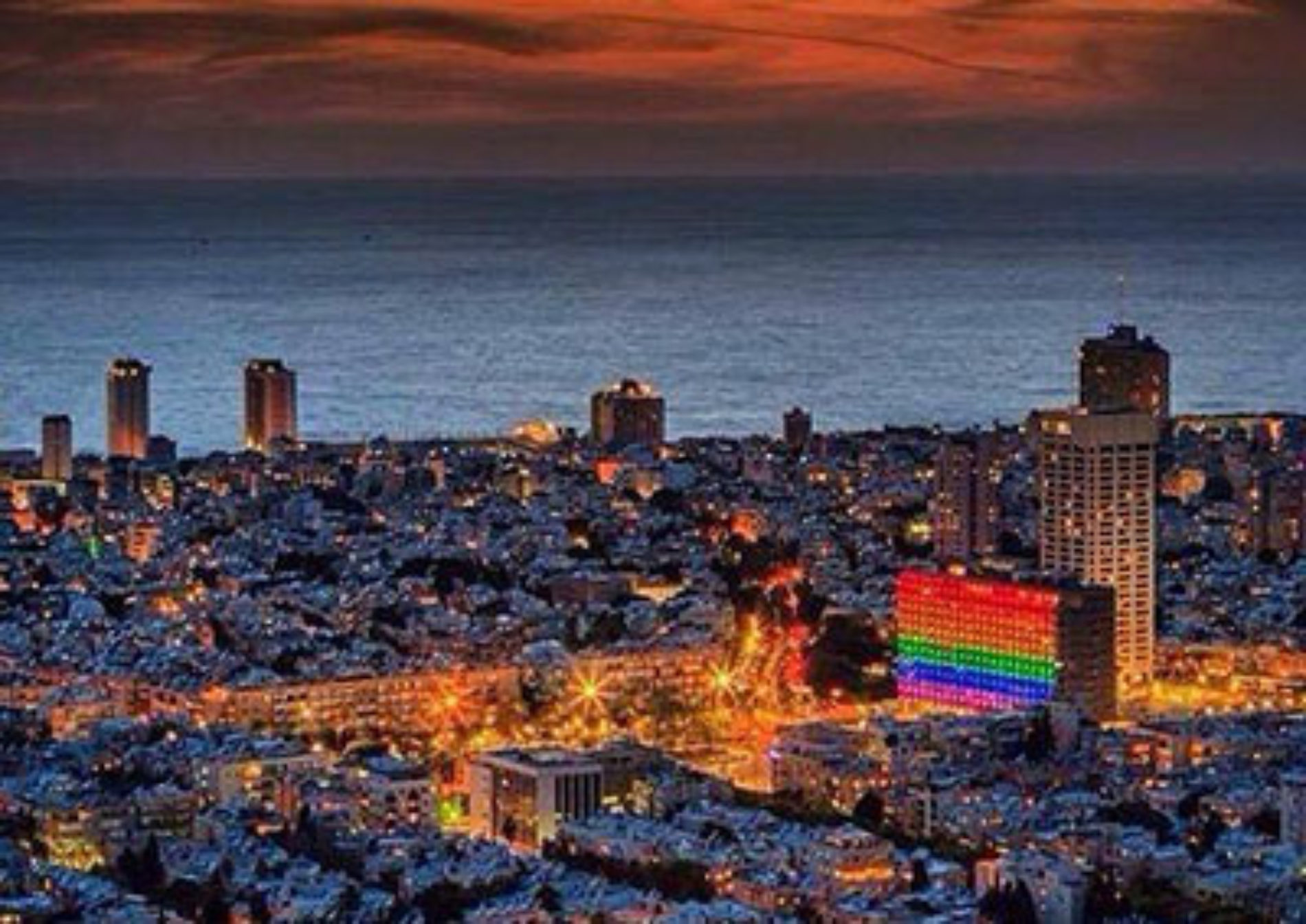
Culturally, Israel’s urban centers host vibrant LGBTQ+ communities. Tel Aviv, in particular, has earned a reputation as a gay-friendly metropolis often dubbed the “Gay Capital of the Middle East”9. The city’s annual Pride Parade is the most prominent LGBTQ+ event in the Middle East, drawing over 150,000 participants, including locals and international visitors4.
In 2023, Tel Aviv’s mayor greeted the Pride crowds with a clear message: “We are all equal, we are all people, and we all deserve to love who we want without fear”4 – a sentiment that underscores the relative freedom LGBTQ+ individuals enjoy in Israel.
Such an atmosphere stands in sharp relief against the rest of the region. While Israel is not without its internal challenges (for example, religious conservatives object to Pride events, and same-sex marriage remains unrecognised by domestic rabbinate authorities), it remains a liberal democratic enclave of LGBTQ+ rights in a region otherwise marked by anti-LGBTQ laws.
Indeed, except for Israel, no Middle Eastern country provides constitutional or broad legal protections to LGBTQ+ people1. As a result, Israel has become a rare haven: many queer individuals from neighboring Middle Eastern societies have fled to Israel seeking the safety and acceptance unavailable in their home countries7.
Iran: Theocratic Repression and Violence
In the Islamic Republic of Iran, homosexuality is not only criminalized but can incur the death penalty, reflecting one of the world’s most extreme anti-LGBTQ+ legal regimes1. Iran is a Shi’a theocracy whose penal code (revised in 2013) explicitly prescribes execution as punishment for consensual same-sex acts between men, and 100 lashes for sexual acts between women1.
Even lesser expressions of same-sex intimacy – such as kissing – are criminal offenses under Article 237 of Iran’s penal code1. This harsh legal framework is coupled with aggressive enforcement. Iranian authorities have a documented pattern of harassing, arresting, and torturing individuals suspected of being LGBTQ+1.
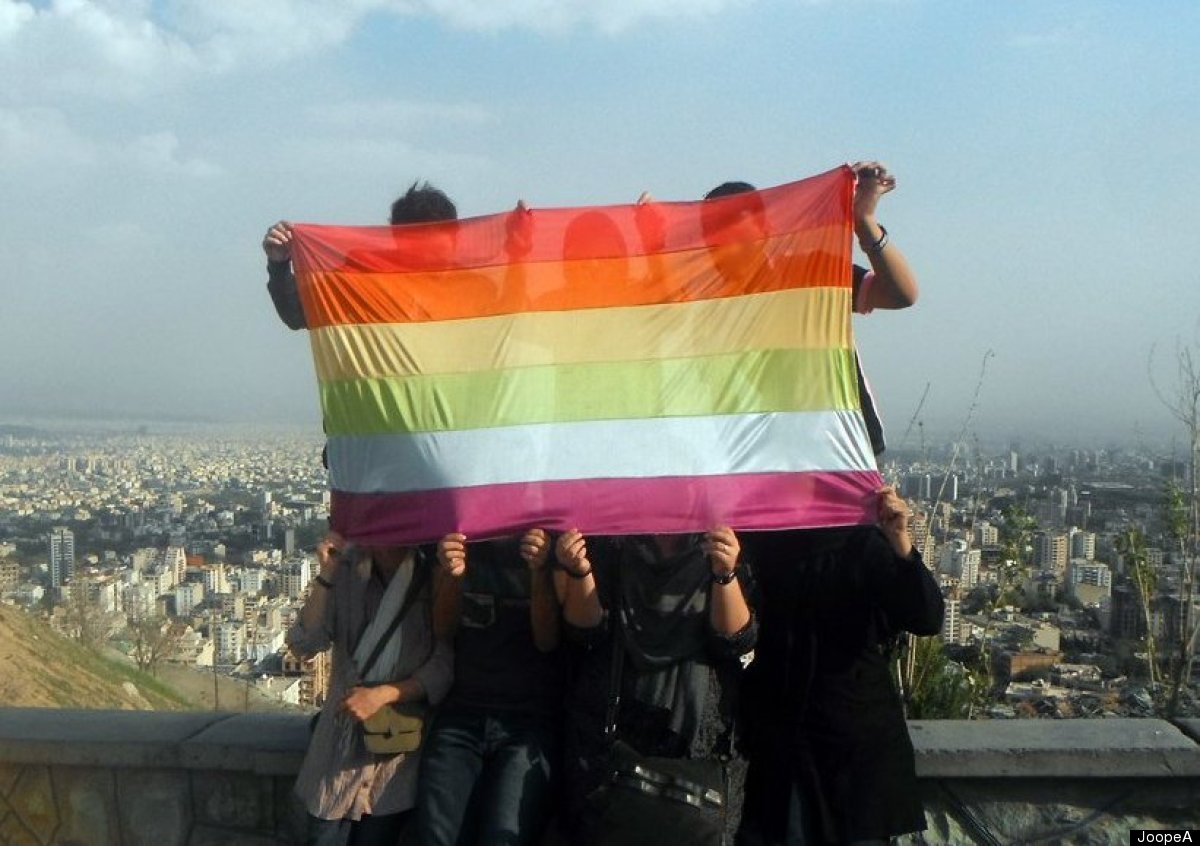
Security forces conduct house raids and monitor online communications to identify suspected gay or trans people; those arrested often face brutal abuse in detention aimed at extracting confessions or “outing” others. There are numerous reports of people being flogged or otherwise abused for alleged homosexual conduct.
Iranian officials openly endorse anti-gay rhetoric: for example, the head of Iran’s High Council for Human Rights in 2013 referred to homosexuality as a disease, and other leaders have likewise characterised same-sex orientation as deviant or sick1.
Real-life case studies from Iran are grim. International human rights groups have documented multiple instances of executions on charges related to homosexuality. In 2019, for example, an Iranian man was executed after being convicted of “sodomy,” part of a pattern in which LGBTQ+ Iranians face deadly state violence1.
While exact numbers are opaque (due to the regime’s secrecy and the stigma forcing many cases into silence), Iran’s record leaves little doubt that LGBTQ+ Iranians live under the constant threat of state-sanctioned death. Many have fled the country as refugees rather than risk discovery. Iranian LGBTQ activists in exile, such as Arsham Parsi, have spoken about the “paradox” of Iran – where thousands have been persecuted or executed in the name of religion for simply being gay14.
Saudi Arabia: Criminalization under Absolute Monarchy
Saudi Arabia similarly provides no safe space for LGBTQ+ individuals, enforcing a harsh interpretation of Islamic law (Wahhabi Sunni Islam) with punishments that can include flogging, extended imprisonment, and possibly execution for homosexual acts1.
The kingdom has no written penal code for homosexuality; instead, judges leverage Islamic law and royal decrees to punish what is deemed immoral behavior. Consensual same-sex relations are categorically prohibited.
Until recently, those convicted might be sentenced to whipping – hundreds of lashes – but as of 2020, Saudi Arabia formally abolished flogging as a punishment, likely to curb international criticism1. Nevertheless, steep prison sentences and even capital punishment remain on the books.
Saudi Arabia is one of a handful of UN member states with “full legal certainty” of the death penalty for homosexual acts, meaning judges have the discretion to impose death under Sharia-based interpretations1. In practice, it is unclear how frequently the death sentence is used solely for homosexuality; the opaque Saudi justice system rarely publicises such cases. However, human rights monitors note that arrests are common and punishments severe.
Documented examples illuminate the reality: In 2014, a Saudi court sentenced a man to 3 years in prison and 450 lashes after he was caught using Twitter to meet other men1. The following year, another Saudi man was sentenced to 10 years in prison and 1,000 lashes for using social media “to practice homosexuality”1.
Egypt: Policing and Persecuting Queer Identity
Egypt does not explicitly outlaw homosexuality in its penal code, but LGBTQ+ Egyptians are far from safe – the government uses de facto criminalisation through laws against “debauchery” and “public morality” to target LGBTQ+ people12.
These laws, written initially to combat prostitution, have been repurposed to prosecute consensual same-sex activity, effectively criminalising queer existence. Police regularly conduct raids on private gatherings and deploy online entrapment strategies (for example, posing on dating apps) to arrest gay and transgender individuals.
Once in custody, detainees often face abuse, including forced anal exams intended to produce “evidence” of homosexual conduct – practices widely condemned as torture by human rights organisations.
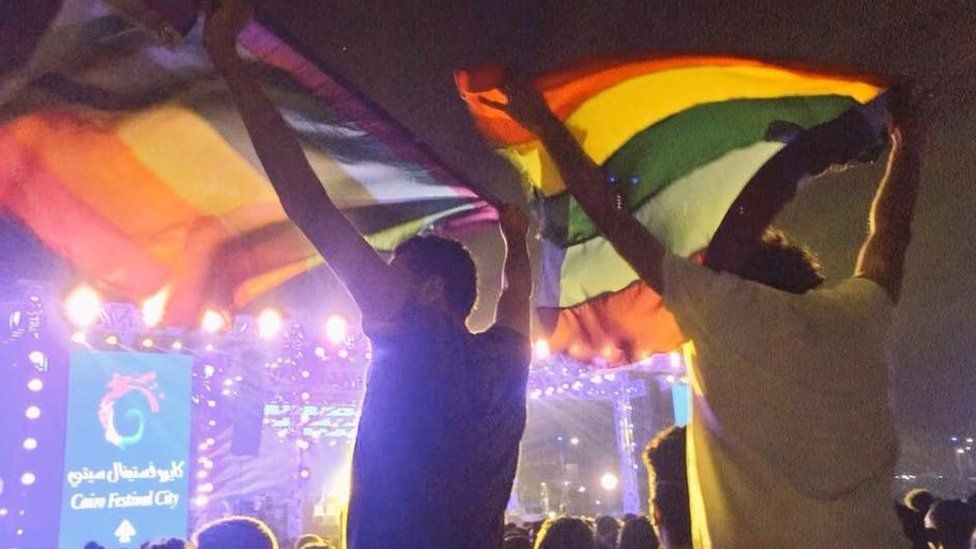
A notorious case study of Egypt’s anti-LGBTQ+ crackdown followed a 2017 incident when audience members waved a rainbow pride flag at a Cairo concert by the Lebanese band Mashrou’ Leila (whose lead singer is openly gay)3.
The public display of the flag – a rare show of support for LGBTQ+ rights – prompted a harsh government response. In the weeks after the concert, Egyptian security forces launched a wide-scale hunt for people suspected of being gay or supporting LGBTQ rights3.
At least 43 people were arrested within two weeks under the “debauchery” and “incitement to debauchery” laws, with some rights groups reporting over 50 arrests3. Courts swiftly handed down prison sentences ranging from one to six years3.
Among those arrested was Sarah Hegazy, a young Egyptian activist who had raised the pride flag at the concert. She was detained and, according to her testimony, subjected to severe abuse in prison – guards allowed other inmates to beat and sexually assault her after revealing she was jailed for being queer3.
Though Sarah was eventually released on bail and fled Egypt, the trauma endured led her to suicide in exile in 2020, turning her into a tragic symbol of the human cost of Egypt’s anti-LGBTQ repression3.
Palestinian Territories: Between Social Stigma and Authoritarian Rule
LGBTQ+ people in the Palestinian territories (the West Bank and Gaza Strip) face extremely difficult – often deadly – conditions, caught between conservative societal norms and authoritarian governance by the Palestinian Authority (PA) in the West Bank and Hamas in Gaza1.
Legally, there is a divergence: in the West Bank, which inherited the Jordanian Penal Code, consensual same-sex acts are not explicitly criminalized (Jordan decriminalized homosexuality in 1951)10. In contrast, Gaza operates under remnants of the British Mandate criminal code (via Egyptian administration after 1948), which outlaws homosexual acts (carnal intercourse “against the order of nature”) with up to 10 years imprisonment1.
Hamas, the Islamist militant group controlling Gaza since 2007, enforces an even more draconian regime in practice, treating homosexuality as a grievous crime and sin. Even in the West Bank, where formal law is relatively silent on homosexuality, authorities and society are far from accepting – harassment and violence against LGBTQ+ individuals are common, and any attempts at organising or advocacy are quickly suppressed.
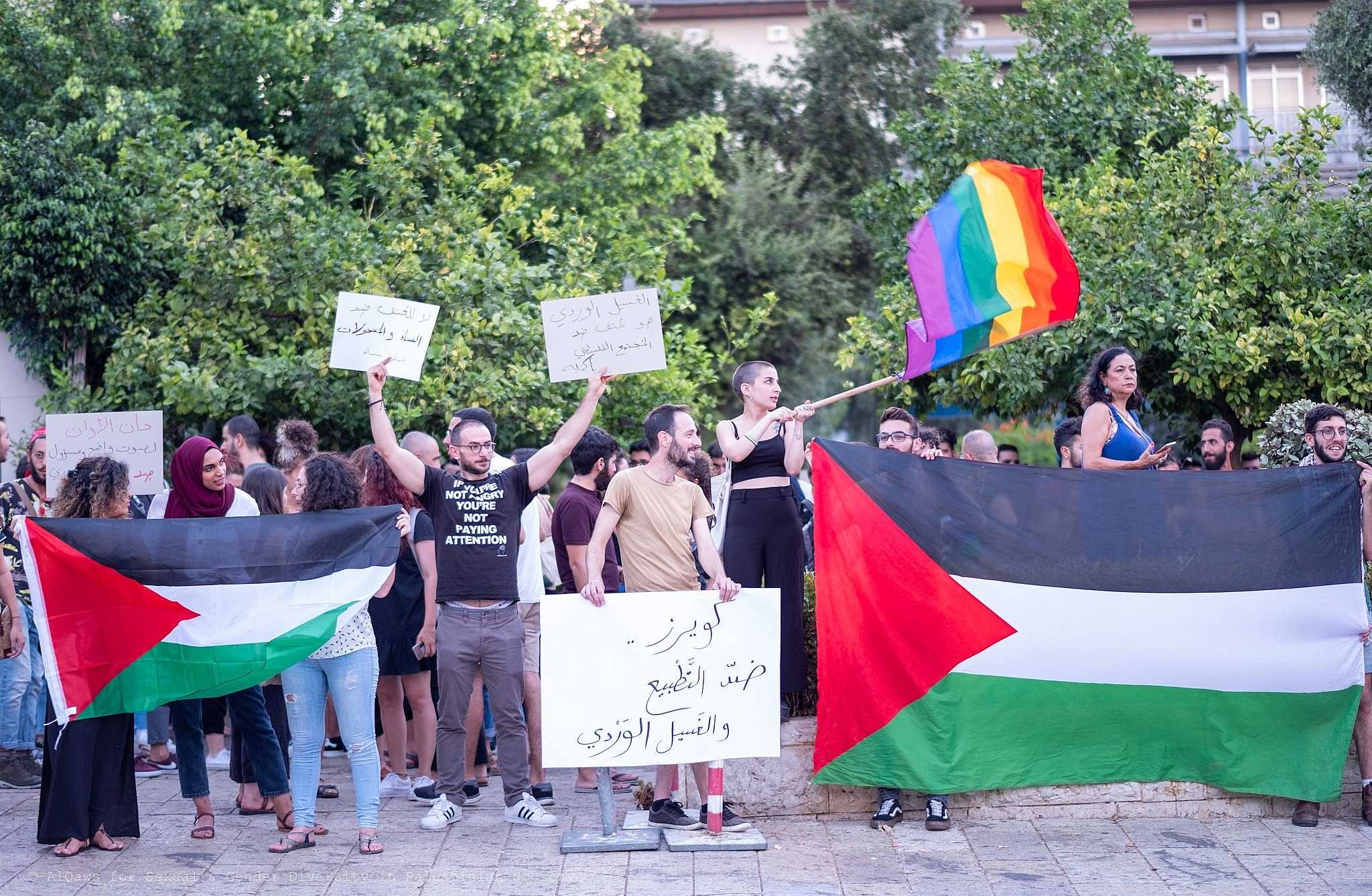
A telling incident occurred in August 2019 when the PA police in the West Bank banned an event by al-Qaws, a Palestinian LGBTQ advocacy group, and announced a crackdown on LGBTQ gatherings. Police not only shut down the planned meeting in Nablus but also urged citizens to report on anyone involved in LGBTQ activities, declaring that such activities were “against the values of the Palestinian society”1.
In Gaza, ruled by Hamas’s strict interpretation of Islamic law, the danger is even greater. Hamas officials have made their stance clear: there is zero tolerance for LGBTQ+ individuals. Perhaps the most infamous case was that of Mahmoud Ishtiwi, a commander in Hamas’s armed wing.
In 2016, Hamas executed Ishtiwi after accusing him of engaging in same-sex relations (as well as other alleged offenses)7. Before killing him, Hamas imprisoned and tortured Ishtiwi for months – whipping him, suspending him from a ceiling, and sleep-depriving him – to extract a confession7. His execution by gunshots to the chest sent a stark warning, and notably, Hamas kept the entire affair secret for years, likely to avoid public embarrassment11.
Another gruesome incident occurred in the West Bank in 2022: Ahmed Abu Marhia, a 25-year-old gay Palestinian man who had been seeking asylum abroad, was murdered and decapitated in the city of Hebron – his severed head found on a roadside, with the killer circulating a video of the beheading on social media7. Friends reported that Abu Marhia had long feared for his life due to his sexual orientation7.
Under such conditions, many LGBTQ+ Palestinians see Israel as their only refuge. Over the years, dozens of gay Palestinians have fled to Israel, despite Israel being technically an enemy in the eyes of Palestinian authorities, because it is literally the nearest place where they might avoid being killed for being gay7.
As of 2022, roughly 90 LGBTQ+ Palestinians had been granted temporary permits to live in Israel to escape persecution at home2. Israel’s government even moved to enable these individuals to work and access services while on asylum permits, after advocacy from human rights groups2.
Western Activism and Narrative Contradictions
In recent years, a segment of Western LGBTQ+ activists has embraced pro-Palestinian movements, rallying under slogans like “Queers for Palestine.” At first glance, this alignment is perplexing – how can activists who champion queer rights also support political entities and societies where queer people are persecuted?
The answer lies in the complex landscape of progressive activism, where causes of anti-colonialism and intersectional solidarity often intertwine. The ideological motivation of groups like “Queers for Palestine” is rooted in viewing the Palestinian struggle as an anti-imperialist, human rights cause15.
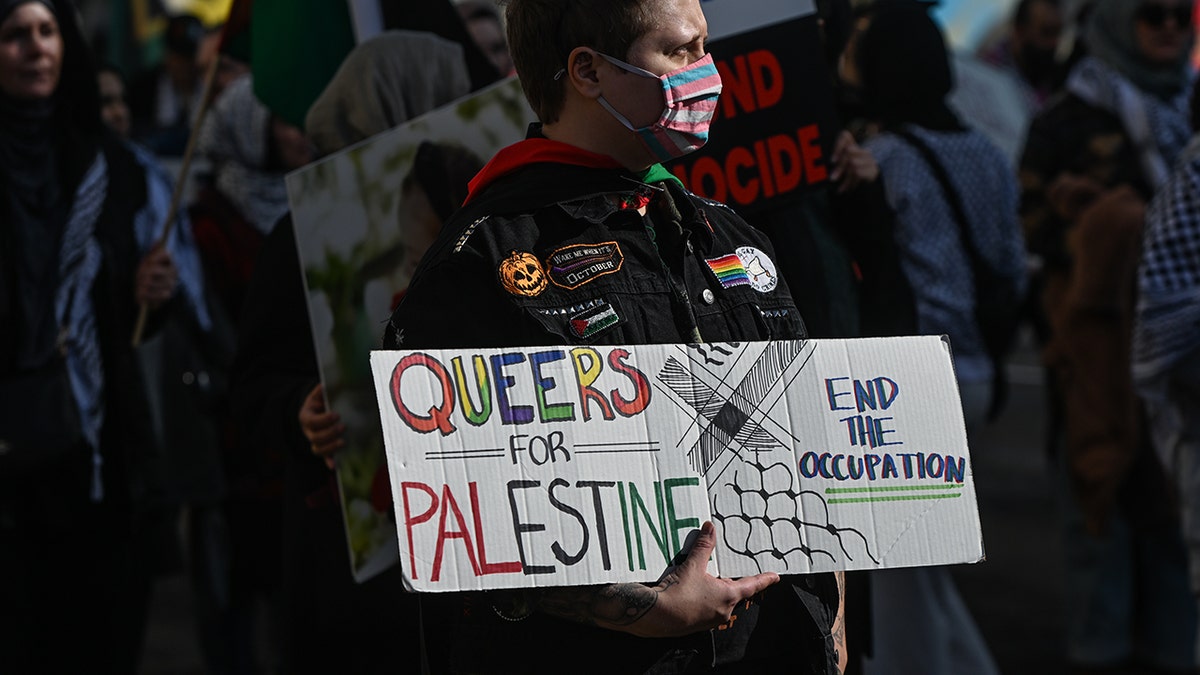
Within this framework, Israel is cast as an “oppressor” (a colonial settler state subjugating Palestinians), and Palestinians are cast as the “oppressed.” Many progressive activists see solidarity with Palestine as a moral imperative tied to broader struggles against racism, militarism, and colonialism16.
Thus, they attempt to meld LGBTQ+ advocacy with Palestinian liberation aims. In their view, supporting Palestinian rights – even under Islamist or authoritarian leadership – is part of a holistic fight for justice16.
A significant critique of these Western activist movements is that they minimise or ignore the grim reality faced by LGBTQ+ people in places like Gaza, the West Bank, Iran, or other authoritarian Middle Eastern contexts. While chanting for Palestinian freedom, some activists have been accused of glossing over the fact that a future Palestinian state under current leadership (e.g. Hamas or the PA) would likely offer no freedom at all to its queer citizens.
As British columnist Brendan O’Neill sharply observed, “‘Queers for Palestine’ is condemning ‘Queers in Palestine’ to further torment and tyranny”6. His point is that if these activists achieved their goal of an unfettered Palestinian state “from the river to the sea” without Israeli presence, LGBTQ+ Palestinians could find themselves at the mercy of regimes that would imprison or execute them.
Voices of Middle Eastern LGBTQ+ Individuals
Perhaps the most important perspective in this debate comes from LGBTQ+ people who have lived through persecution in the Middle East. Their testimonies often clash with the sanitised narratives of Western apologists.
For instance, LGBTQ Palestinians who sought refuge in Israel have spoken out, sometimes baffled by Western “queer solidarity” with regimes that tormented them. One gay Palestinian man, after escaping to Tel Aviv, observed that activists chanting “Queers for Palestine” abroad seemed naïve – he said if those protesters “came to Gaza with their pride flags, Hamas would throw them from the rooftops,”8 referencing the Islamist practice famously used by ISIS and endorsed by some extremist imams.
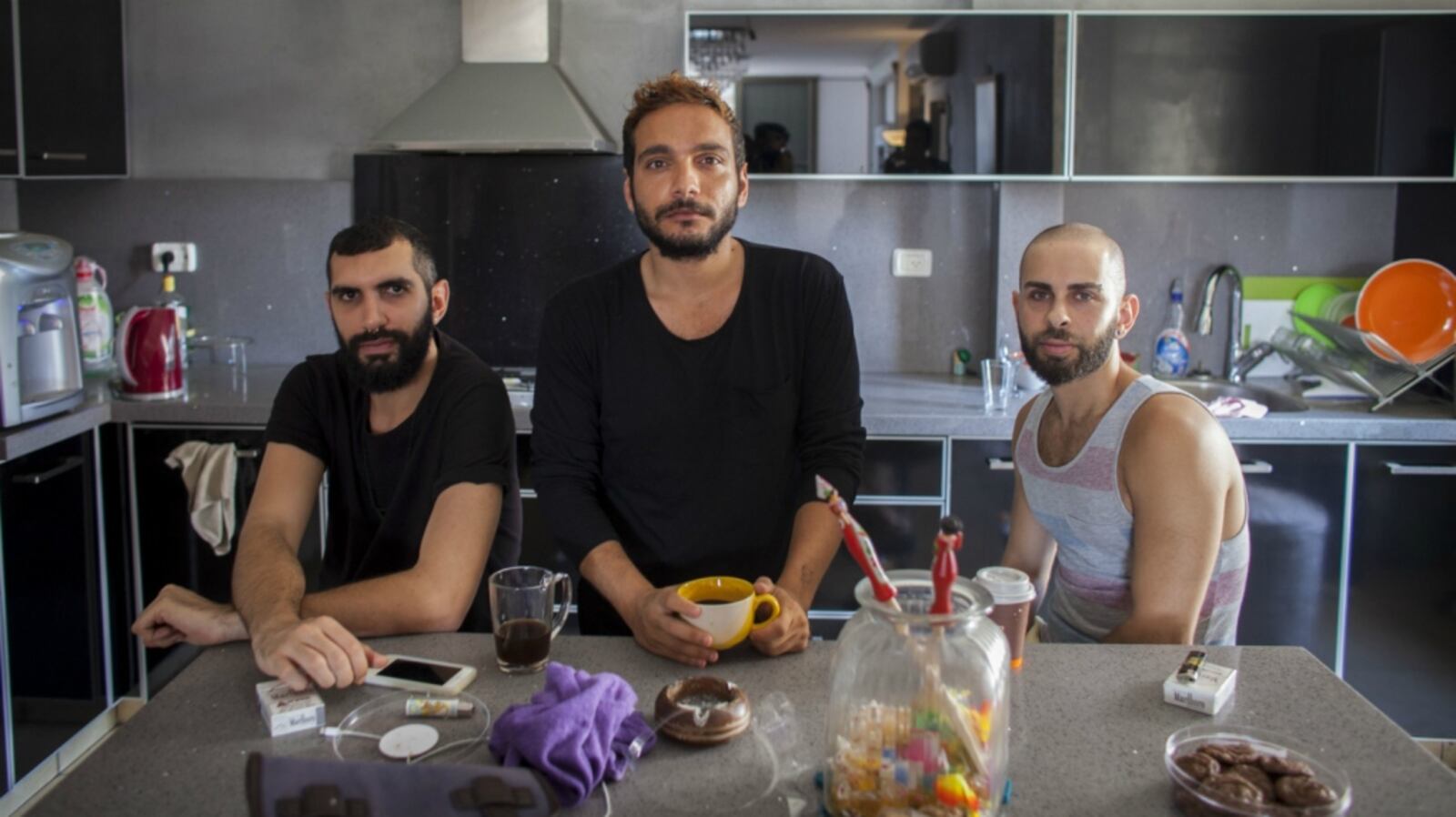
The stories coming from these asylum-seekers are harrowing. One gay man from the West Bank testified to the Israeli Knesset that his own family tried to murder him when they discovered he was gay2.
Another young man from Gaza, using the pseudonym “Abdul,” recounted how he was repeatedly arrested and brutalised by Hamas before he managed to escape. “If you are gay, you should be hiding… I was so scared,” he told journalists 5, describing how Hamas militants tortured him – beating his feet with sticks, keeping him in a tiny cell without food or toilet access, and periodically “kidnapping” him off the street for fresh rounds of abuse 5.
Before finally letting him go, Hamas forced Abdul to swear on the Quran that he would “not be gay again”5. Such first-hand accounts make clear that for LGBTQ+ people, the Hamas-controlled Gaza Strip is among the most dangerous places in the world.
Conclusion
The stark contrast in LGBTQ+ rights between Israel and its neighbors underscores a critical reality: in the Middle East, Israel stands alone in providing meaningful legal protections and social acceptance for LGBTQ+ individuals. While Israel’s record is not perfect – with ongoing challenges from religious conservatives and the lack of domestic same-sex marriage – it offers levels of safety and dignity that are simply unavailable elsewhere in the region.
The Palestinian LGBTQ+ experience is one of profound insecurity and fear, caught between social intolerance and authoritarian crackdowns. There are small pockets of activists (often operating in exile or online) trying to support queer Palestinians, but on the ground, living openly is nearly impossible.
The relative sanctuary that Israel offers these individuals — quietly providing shelter to some, since openly advertising this help could endanger lives — underscores the broader regional contrast. As one observer noted, an LGBT Palestinian’s best chance of survival might come from the very state that some activists accuse of oppressing Palestinians7.
A balanced liberal perspective holds that true progressivism must address the complete spectrum of human rights. That means applauding Israel’s progress on LGBTQ+ issues and urging its improvement (e.g., legalising same-sex marriage) while also unequivocally condemning the egregious persecution of LGBTQ+ people in Iran, Saudi Arabia, Egypt, the Palestinian territories, and across the Middle East.
Ignoring one for the sake of the other only undermines the credibility of the fight for equality. As difficult as it may be, Western activists are challenged to confront these uncomfortable truths. Solidarity that requires staying silent about the execution of gay people is no solidarity at all.
References
- Loft, P., Robinson, T., Curtis, J., Mills, C., & Dickson, A. (2022, Feb 9). LGBT+ rights and issues in the Middle East (House of Commons Library Research Briefing No. CBP-9457). UK Parliament.
- Boxerman, A. (2022, June 20). Israel to allow LGBT Palestinians granted temporary asylum to work. The Times of Israel.
- Human Rights Watch. (2017, October 6). Egypt: Mass arrests amid LGBT media blackout. HRW.org.
- Keller-Lynn, C., & Times of Israel Staff. (2023, June 8). ‘The best party’: Over 150,000 march in Tel Aviv’s 25th annual Pride Parade. The Times of Israel.
- Kirtchuk, N. (2022). Exclusive: Gay man who fled Gaza speaks about Hamas repression. i24 News.
- O’Neill, B. (2023, Nov 9). “Queers for Palestine” must have a death wish. The Telegraph.
- Binion, B. (2023, Oct 27). The contradictions of “Queers for Palestine”. Reason.
- MEMRI (2023, Nov 27). Amid widespread LGBTQ+ support for Palestinians and even Hamas since October 7, extremist imams in the U.S. express their ongoing support for Islamic punishments for homosexuality. MEMRI.org.
- Israeli Ministry of Foreign Affairs. (n.d.). Gay Israel [Web page]. Retrieved 2024, from embassies.gov.il.
- LGBTQ rights in the State of Palestine – Wikipedia.
- The Jewish Press. (2024, April 3). ‘Queers 4 Palestine’ Should Know: Hamas Routinely Tortures and Executes Homosexual Members.
- LGBT people in Egypt targeted in wave of arrests and violence. (2017, October 8). The Guardian.
- Israel is a Beacon for Gay Rights in the Middle East. The Israel Forever Foundation.
- Parsi, A. (2019). The Situation of LGBT People in Iran. Fifth Estate, 403.
- “Queers for Palestine” and the Death of Irony. Queer Majority.
- Rejecting pinkwashing: LGBTQ Voices Speaking Up for Palestinians. Jewish Voice for Labour.
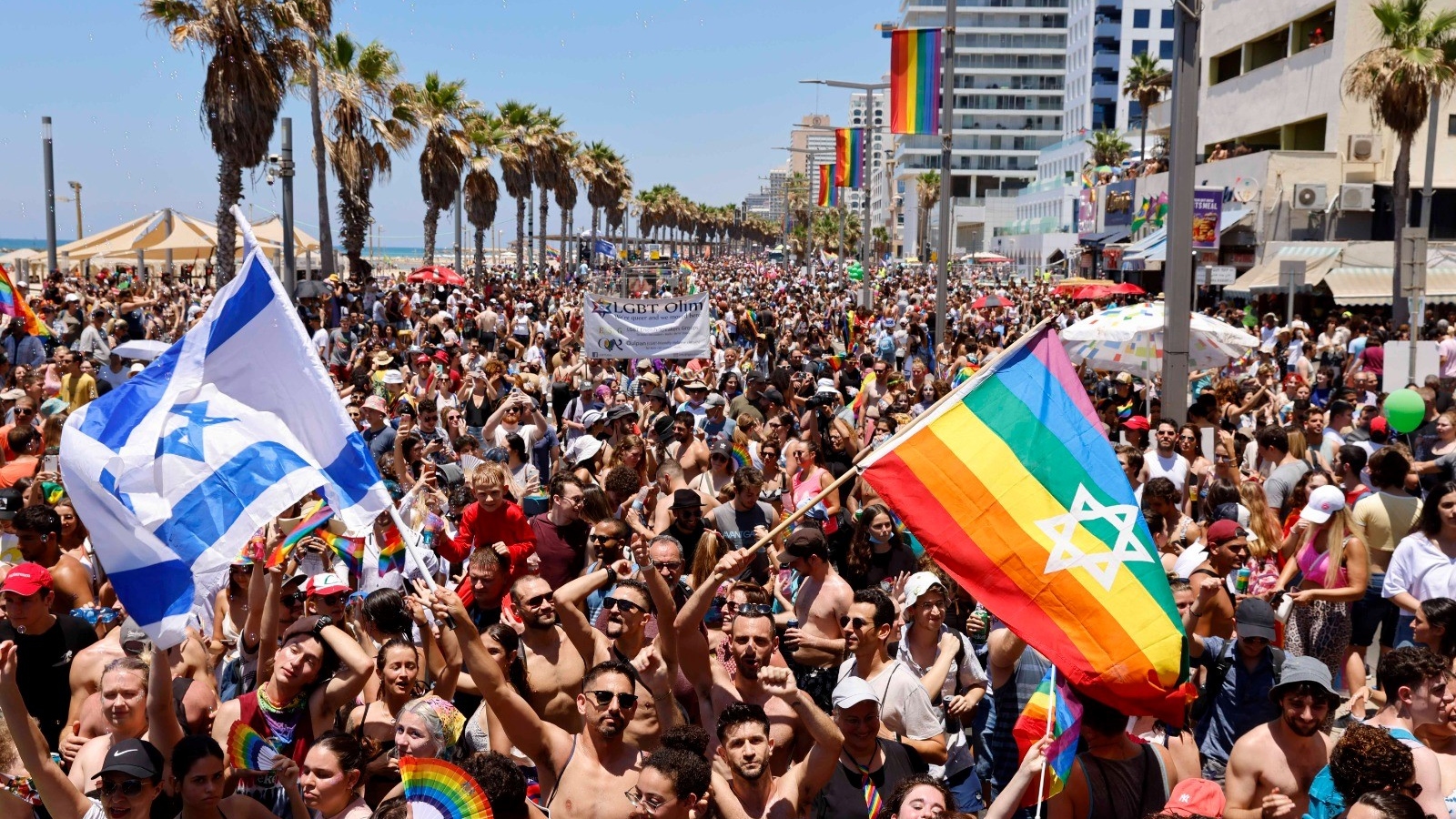
Leave a Reply